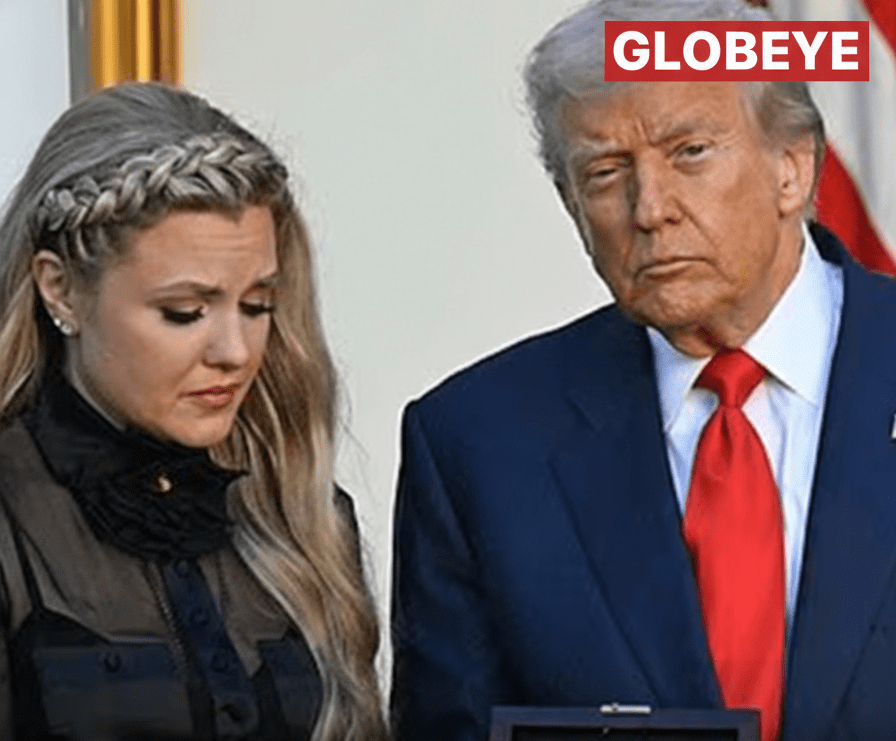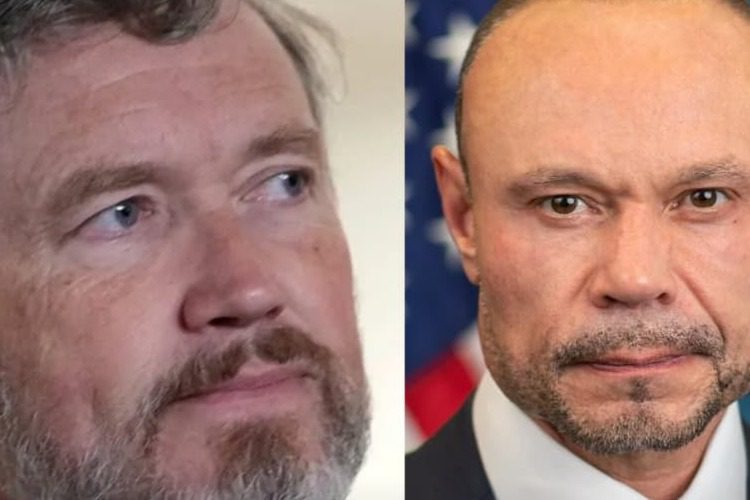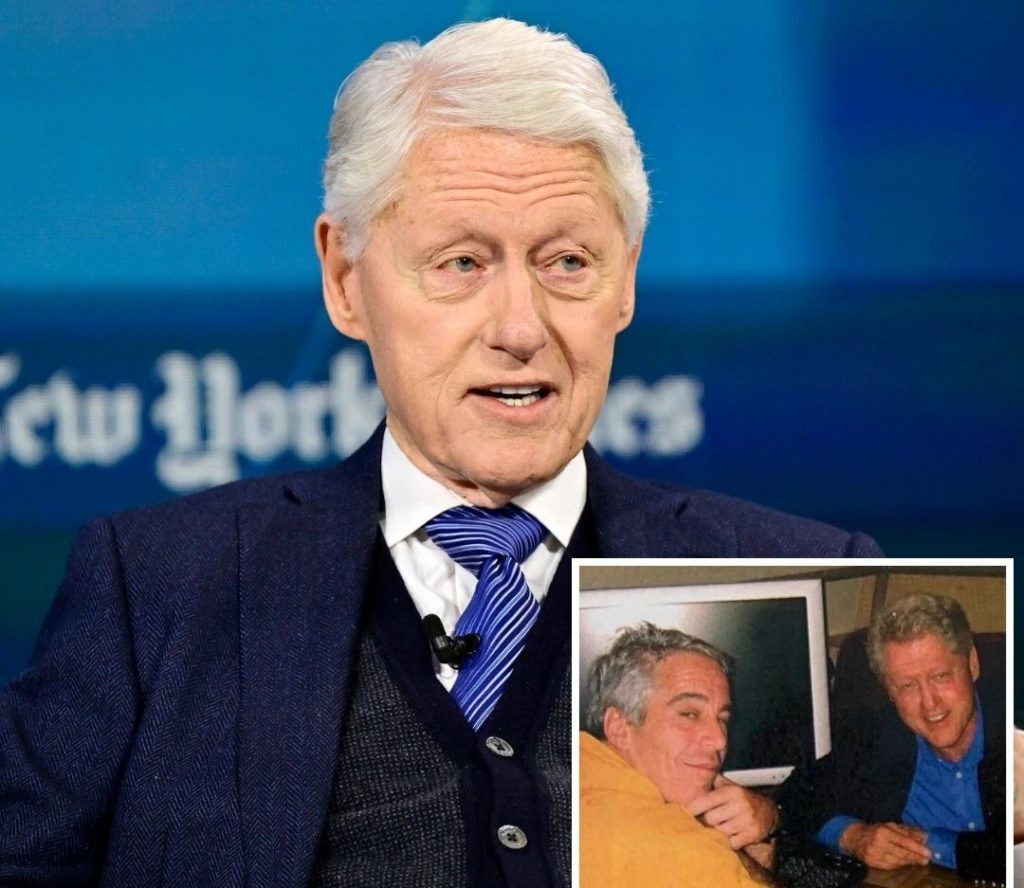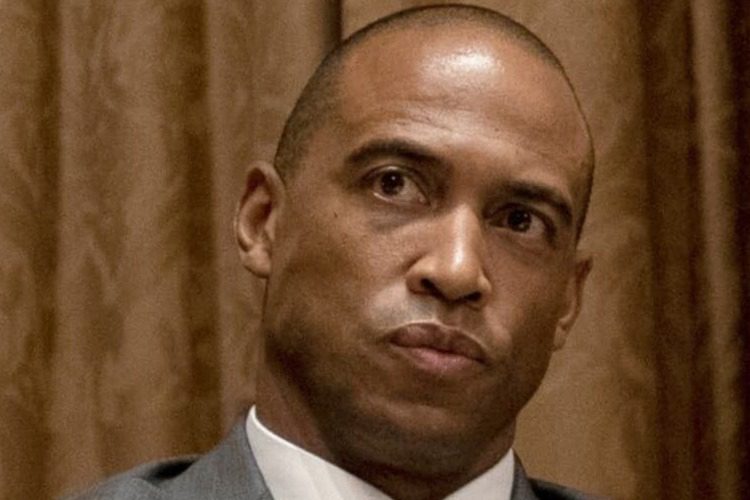Donald Trump Awards the Presidential Medal of Freedom to Charlie Kirk, Calling Him a ‘Martyr for Liberty’ in an Emotional White House Ceremony
The White House Rose Garden fell silent before the applause began. This wasn’t just another political event — it was a moment steeped in emotion and symbolism. On October 14, 2025, President Donald Trump awarded the Presidential Medal of Freedom posthumously to Charlie Kirk, the conservative activist and founder of Turning Point USA, who was fatally shot during a campus speaking event in Utah last month. The date of the ceremony was no coincidence — it marked what would have been Kirk’s 32nd birthday.
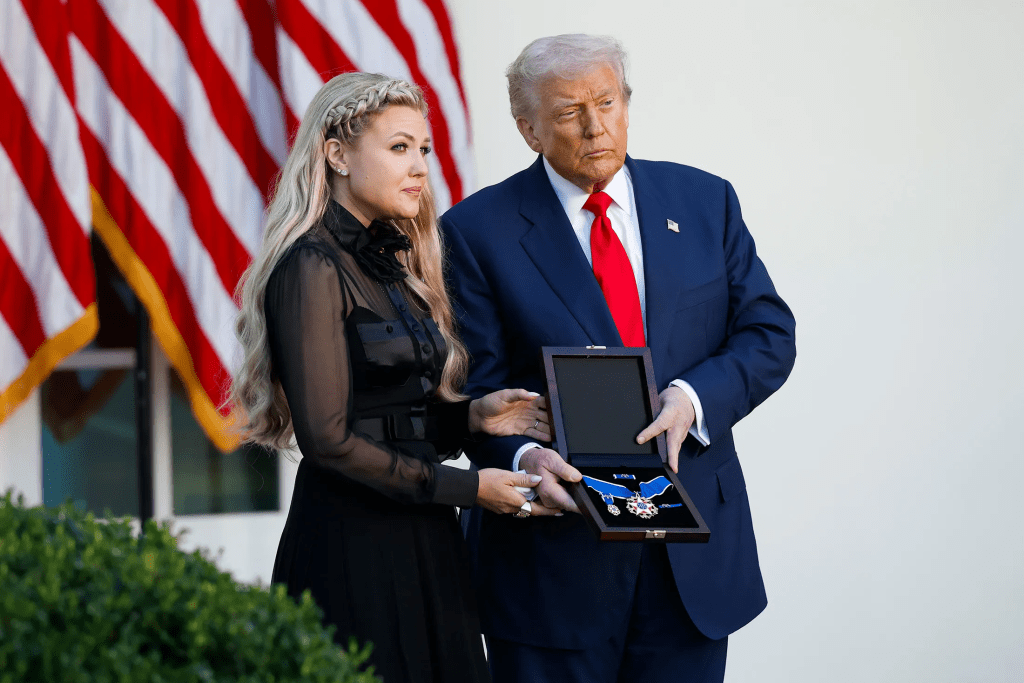
Standing at the podium, Trump — wearing his signature dark suit and red tie — spoke with uncharacteristic restraint as he called Kirk “a fighter, a patriot, and a young man who understood America better than most.” His words drew applause from the audience gathered on the South Lawn, where Kirk’s widow, Erika Kirk, accepted the medal on her late husband’s behalf. “Charlie gave everything he had for his country — and he gave his life for what he believed in,” Trump said, his voice carrying over the crowd.
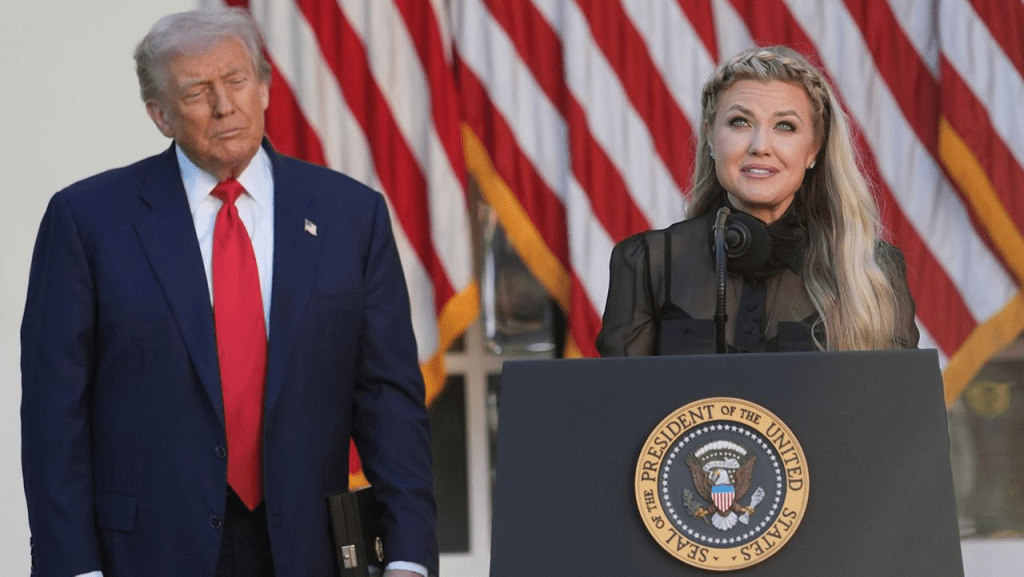
The Presidential Medal of Freedom is the nation’s highest civilian honor, awarded to individuals who have made lasting contributions to the United States. From civil rights leaders to artists and athletes, its recipients represent the country’s most influential figures. For Trump, presenting the medal to Kirk — a central figure in the modern conservative youth movement — marked the first such award of his second term, and one filled with personal significance.
Charlie Kirk’s death on September 10 shocked both political allies and critics alike. Authorities confirmed that the shooter acted alone, and despite widespread speculation, investigators found no verified links to any political organizations. Still, the tragedy ignited heated debate about campus free speech and political polarization, issues Kirk had spent much of his career confronting head-on.

Erika Kirk, standing just a few feet from the President, clutched the medal tightly as she addressed the audience. “Charlie believed in courage,” she said, her voice breaking slightly. “He never sought fame or glory — he just wanted to defend freedom, to protect what makes America beautiful.” Her words drew a standing ovation from attendees, many of whom wore Turning Point USA pins or held small American flags.
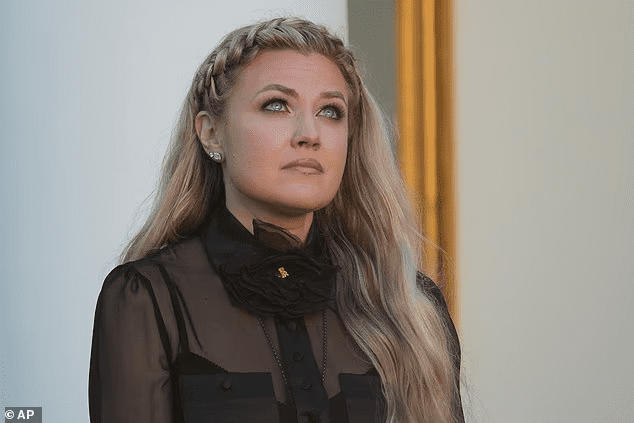

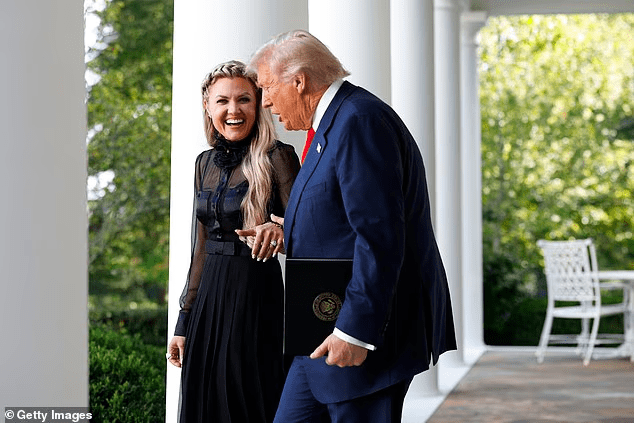
For Trump, the event was deeply personal. Kirk had been one of his earliest and most loyal supporters, helping energize young conservative voters throughout both of Trump’s campaigns. Analysts noted that the award also underscored Trump’s continued effort to cement his legacy as the leader of a movement, not just a presidency. Even political rivals acknowledged the emotional gravity of the moment, calling it a rare display of unity amid a divided political climate.

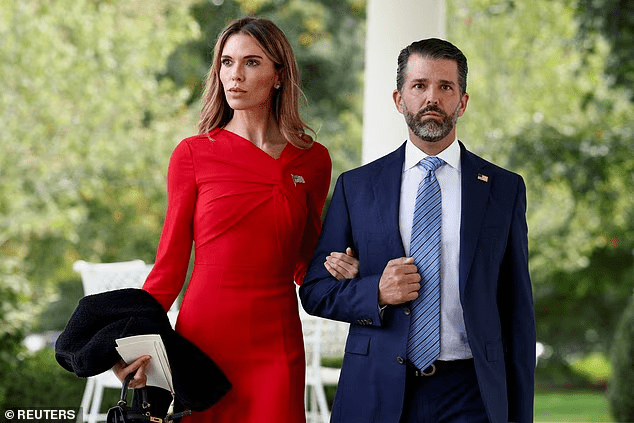
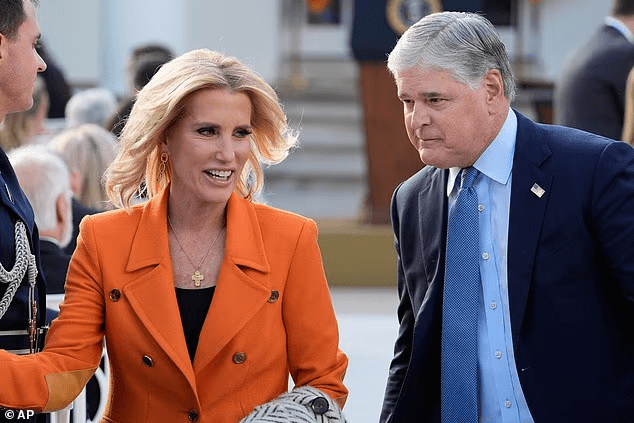
Still, the decision drew criticism from some progressive voices who argued that Kirk’s combative rhetoric on issues such as immigration, higher education, and social policy made him too polarizing a choice. Supporters countered that the Medal of Freedom recognizes influence and impact — qualities that Kirk embodied throughout his life. Whether admired or opposed, few denied that his presence left a lasting imprint on America’s political landscape.

As the ceremony concluded, Trump stood beside Erika Kirk as the national anthem played, the Medal of Freedom glinting in the autumn sunlight. Cameras captured the image — the President saluting, the widow holding the medal, the crowd standing still. It was a powerful tableau of grief, conviction, and patriotism. In honoring Charlie Kirk, Donald Trump not only remembered a fallen ally but also reaffirmed the ideals that both men claimed defined their cause: faith, courage, and an unshakable belief in the promise of America.
